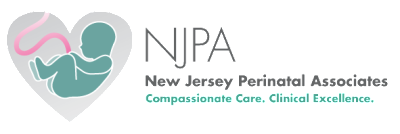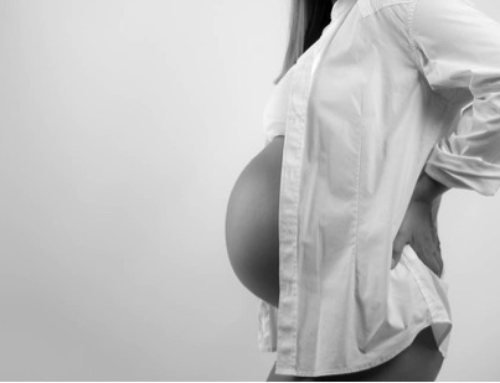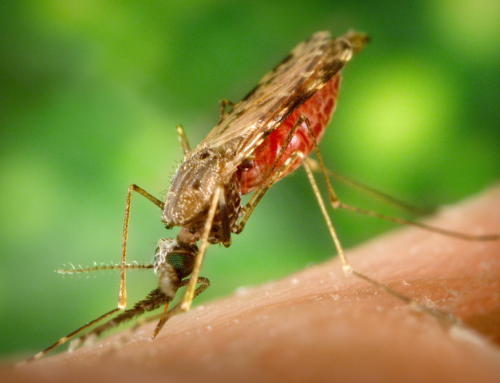
Early High-Risk Pregnancy Care
No two pregnancies are alike. With every pregnancy comes the possibility of complications, whether they are mild or severe. Dealing with a high-risk pregnancy highlights these complications and can be harmful to both the mother and the child. Some major contributing factors to a high-risk pregnancy include disease on the mother’s part, birth defects and multiple gestations, among other factors. Even if you are more susceptible to a high-risk pregnancy, there are ways to prevent it, one of which is taking early action. Read on for a few ways to reduce your chances of having a high-risk pregnancy.
Tips to Prevent a High-Risk Pregnancy
Consult With a Doctor Before Trying to Conceive
Past medical conditions can have a negative impact on pregnancy, so bringing these conditions to light can be a helpful way to ensure a smooth pregnancy. With risk assessment and planning, a doctor can confront past medical conditions that may make you more susceptible to a high-risk pregnancy and work with you to modify any medications that can put you at a higher risk. Some common diseases that can contribute to a high-risk pregnancy include diabetes, high blood pressure and heart disease. If you are not sure of any health issues on either your or your partner’s part, preconception counseling is a great option. It can reveal any preexisting health conditions that may complicate a pregnancy. Treating medical conditions before conceiving can be beneficial and will allow you to explore options before becoming pregnant.
Take Extra Precautions as Needed
If this is not your first pregnancy, think back to any complications faced during your previous pregnancies, as there is a chance they may reappear. During a first pregnancy, it is difficult to tell if you will face risks such as preeclampsia or preterm birth. If you have experienced these risks before, however, you can take the necessary precautions during your second pregnancy to ensure that it doesn’t happen again. Speak with a doctor about how to prevent any previous complications from reappearing during your current pregnancy.
Get Tested for Birth Defects
Birth defects and genetic conditions are one cause of a high-risk pregnancy. The best way to rule this possibility out or prepare accordingly is to get tested for any conditions. Conditions such as Down Syndrome can be tested using non-invasive testing, which has a 99.1 percent detection rate. Likewise, you can undergo genetic screening to test for any genetic conditions your baby might have. Meeting with a genetic counselor can help you understand the results of your screening and determine the fetus’ risk for certain birth defects.
Keep Up-To-Date on Prenatal Visits
Attending regular prenatal appointments allows your doctor to closely monitor you and your baby’s health. Getting ultrasounds as scheduled will let your doctor know if there are any new developments in your pregnancy, which will help them refer you to a specialist if needed.
Maintain a Healthy Lifestyle
Eating healthy foods and exercising regularly can help promote a healthy pregnancy and prevent certain risks, such as gestational diabetes. The healthy choices you make will not only have a positive impact on you, but on your baby as well. Healthy living increases your chances of giving birth to a healthy baby and allows you to remain healthy throughout your pregnancy.
High-Risk Pregnancy Specialists in New Jersey
High-risk pregnancies can be stressful. Our dedicated team of physicians at New Jersey Perinatal Associates want to take some of the stress off your shoulders and help make your pregnancy a smooth one, despite any complications you may be facing. Find your nearest location and contact us today to set up an appointment!
Image via Pexels





